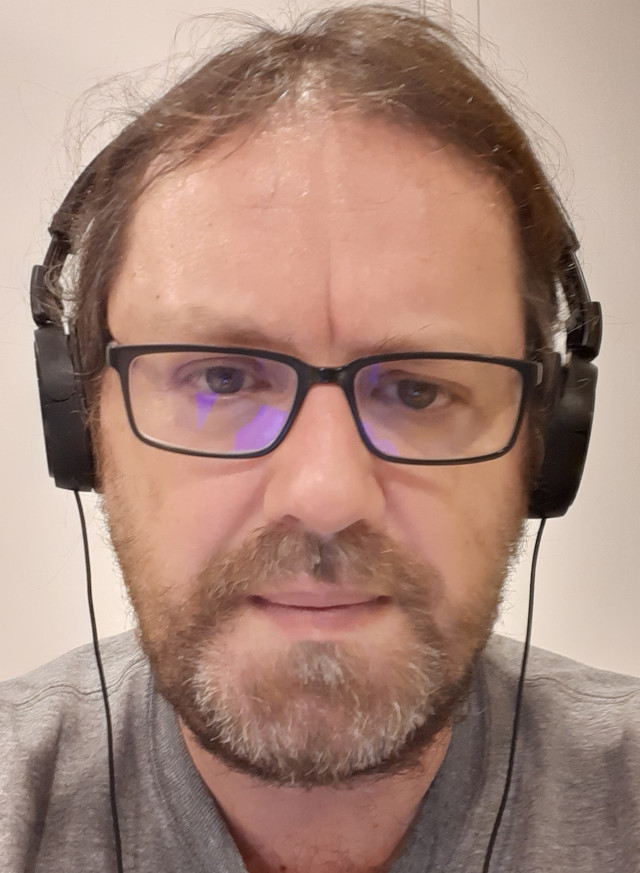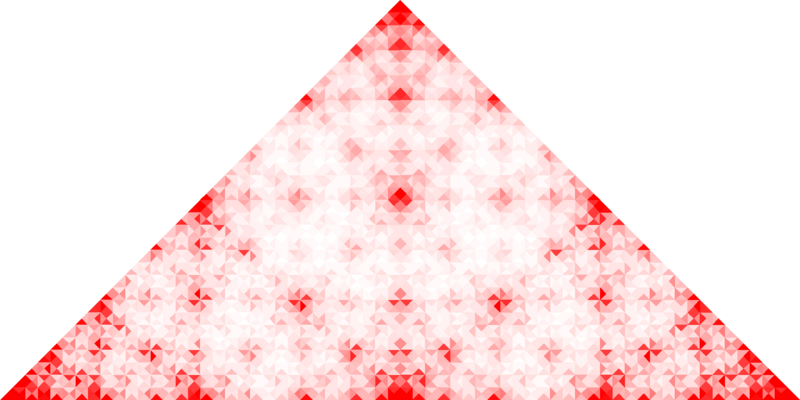
Professor (Catedrático de Universidad) at the Departamento de Física Fundamental, Universidad Nacional de Educación a Distancia (UNED), Madrid.
I grew up in El Puerto de Santa María (Cádiz), and studied Physics at Universidad Complutense de Madrid. Germán Sierra and Miguel Ángel Martín-Delgado supervised my Ph.D. thesis in theoretical physics on the renormalization group, while I worked as a secondary school teacher. Afterwards, I have worked at SISSA (Trieste), UC3M (Madrid), ICFO (Barcelona) and several CSIC institutes (Madrid).

Contact me: jrlaguna AT fisfun.uned.es - ORCID - Google Scholar - Publons - GitHub - CV
Member of the Quantum & Statistical Mechanics group at UNED, along with Eva M. Fernández (coordinator), José Enrique Alvarellos, Julio Fernández, Pedro Córdoba and Elka Korutcheva.
Local PI of SONATA (UC3M-UNED), along with Rodolfo Cuerno, Silvia N. Santalla (both PI at UC3M), Alfredo Deaño, Ricardo Gutiérrez, Iván Álvarez Domenech and Daniel Villarrubia.
Visiting researcher at Instituto de Física Teórica (IFT-UAM/CSIC), in the group of Germán Sierra, along with Sudipto Singha Roy (IIT, Dhanbad) and Nadir Samos (Lisbon).

Coordinador del Grado en Física de la UNED.
Imparto clases en los grados de Física y Química, así como en el Máster en Física Avanzada.
Asignaturas de Grado: Fundamentos de Física I y II, Mecánica Cuántica, Física del Estado Sólido.
Asignaturas de Máster: Fenómenos Colectivos Cuánticos, Crecimiento Fuera del Equilibrio, Información y Computación Cuántica.
Supervisión de Trabajos de Fin de Grado y de Máster.
Una serie de consejos a la hora de escribir un texto científico.
Artículo ¿Cuánto pesa mi sombra? con Celia González, para The Conversation.
Vídeos divulgativos en el Canal IFT: Entropía, y Entropía y Vida.
Charlas en el Ateneo de Madrid sobre física. Del gato (de) Schrödinger a los computadores cuánticos (Nov. 2020), De Planilandia a los aguejeros negros (Abr. 2021).
Soy miembro del equipo del Blog Hablando de Física @UNED.
This webpage alternates between Spanish and English, depending on the intended audience.
Last Update: October 2025.